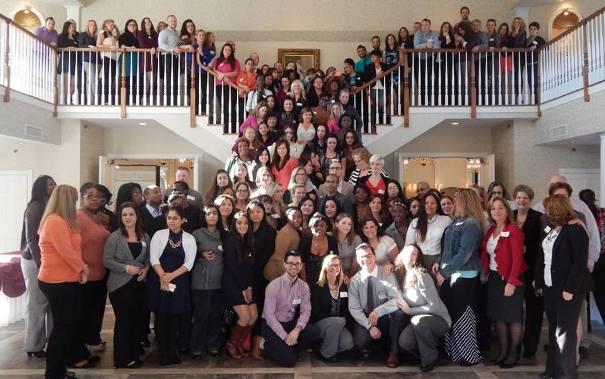Preparing the Next Generation of Nurses
 |
| Naugatuck Valley Community College Nursing Class of 2016. Photo courtesy of CT League for Nursing. |
There are a myriad of different options when choosing a nursing career and the Connecticut League for Nursing (CLN) is ready and available to help individuals make informed decisions about their futures.
For over 10 years the CLN has published a guide to nursing education and professional development. That spiral bound document is now available online at www.ctnursingguide.com.
What are the differences between nursing degrees, including undergraduate and graduate? What Connecticut schools offer nursing programs? How do you know what nursing track to take? What jobs await nursing school graduates?
All these questions and more are answered via this online guide. Also included is "Intentional Advisement," which offers "unbiased nursing counseling for those who are either interested in entering the profession of nursing, at any level, or looking to continue their education into graduate degrees," says CLN Executive Director Marcia Proto.
CLN has coaches available to work with individuals to make the best personal decisions.
The Community Foundation for Greater New Haven awarded CLN a year-round small grant of $1,800 to support the Intentional Advisement portion of the Online Nursing Guide.
In the State of Connecticut "we don't have a huge need for nurses right now," says Proto. As a result of this, hospitals are interested in hiring nurses with four year degrees. Hiring practices are bound to change within the next five years, however, when the third oldest nursing population in the country begins to retire, according to Proto. She believes that at that time, nurses with two year, associate degrees will be more likely to gain hospital employment.
With an ever changing job market it is essential that individuals entering nursing school have a clear plan of what their short and long-term goals are, and the CLN is prepared to assist them.
"This Intentional Advisement, really aligning personal need and personal preferences and career goals with what's available, is very important," says Proto.
The CLN anticipated that this coaching will produce well educated nurses that employers will take notice of when hiring.
"They know that that person, when they graduate, is personally invested, passionate about what they do and so super focused on the work on which they will be hired to do," says Proto. "It's a win, win all the way around."
For more information about CLN visit www.ctleaguefornursing.org.
Did You Know?
Nursing is the nation's largest health care profession, with more than 3.1 million registered nurses nationwide. Of all licensed RNs, 2.6 million or 84.8% are employed in nursing and nurses comprise the largest single component of hospital staff, are the primary providers of hospital patient care and deliver most of the nation's long-term care.
